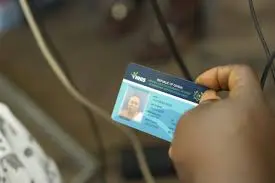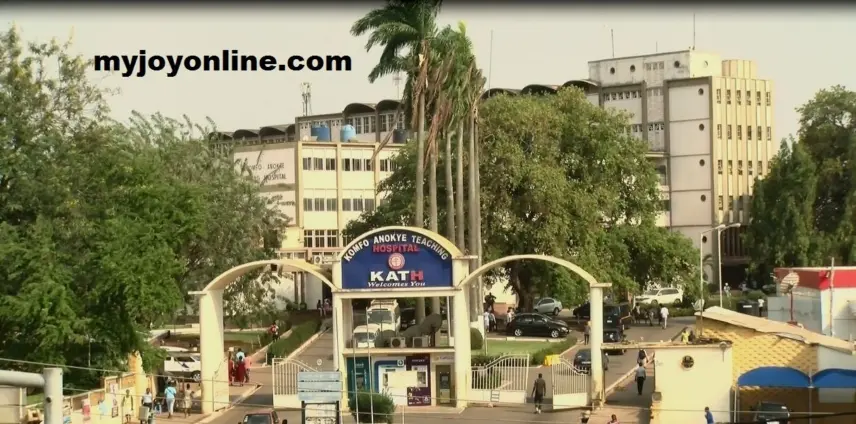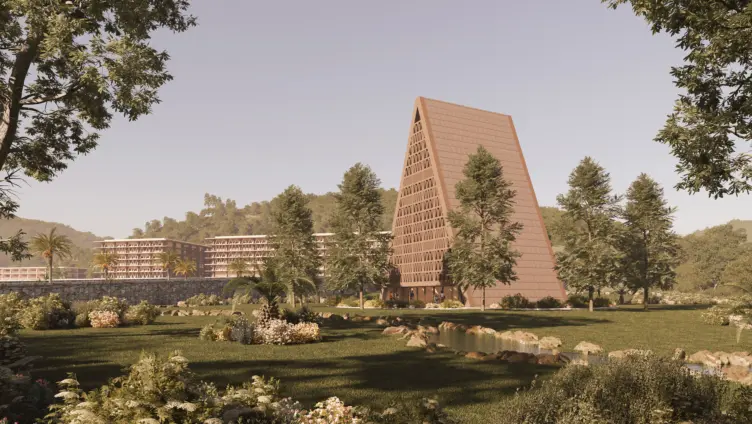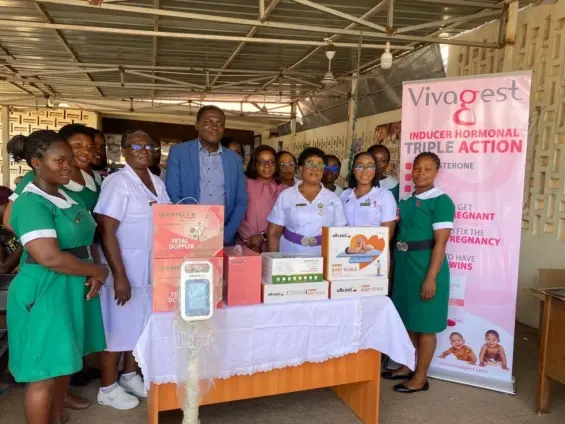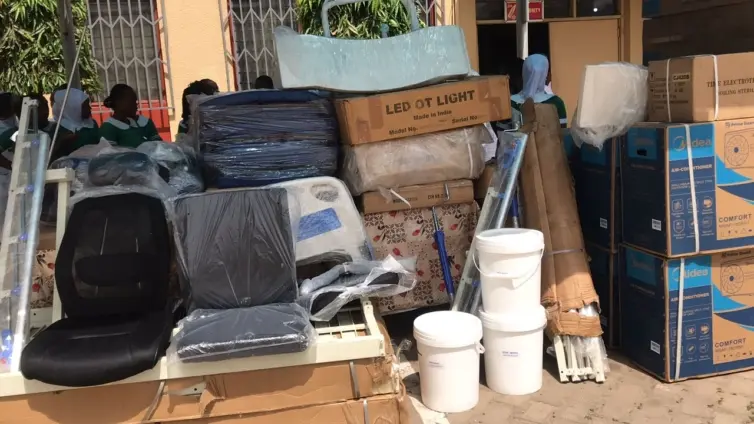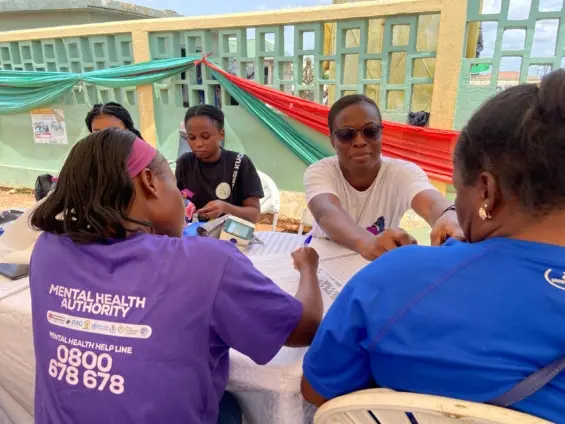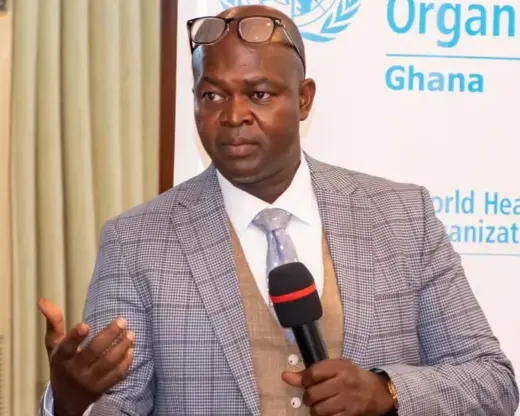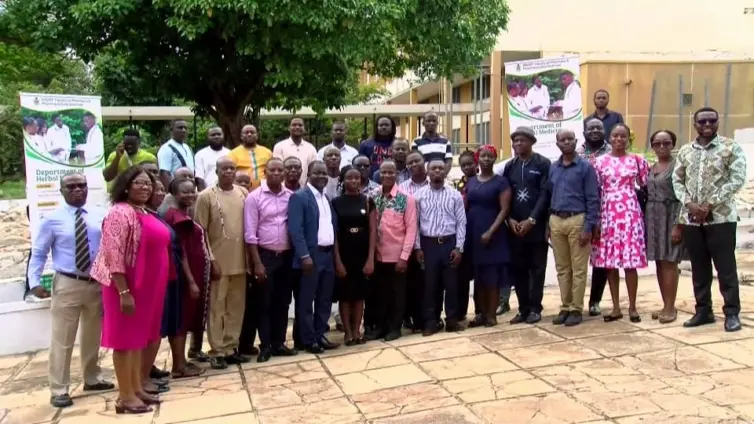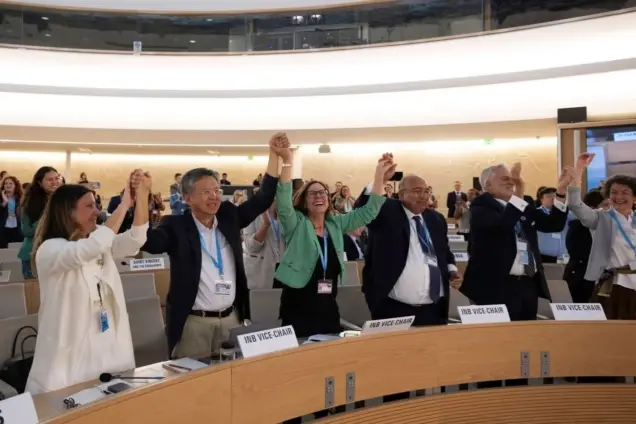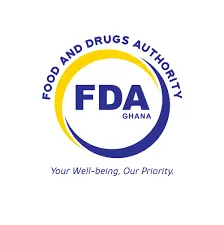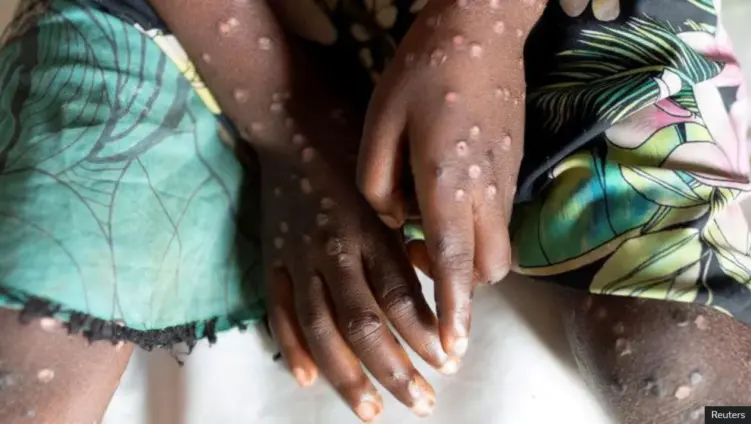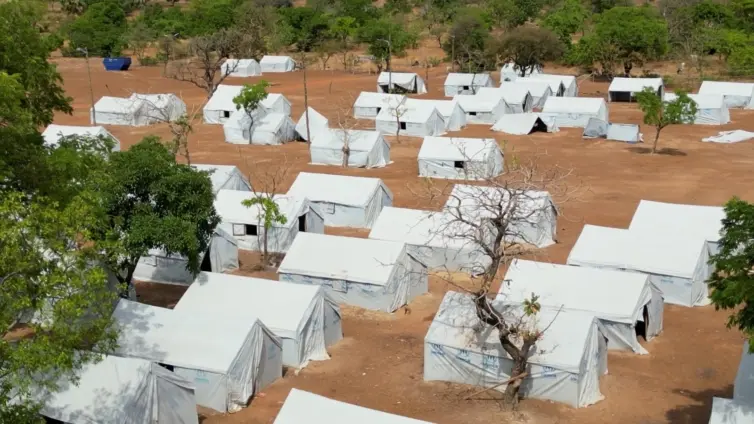The People’s National Party (PNP) has voiced serious concerns about the deteriorating condition of Ghana’s National Health Insurance Authority (NHIA), suggesting it teeters on the “verge of collapse.” According to PNP leader Janet Asana Nabla, the current state of the NHIA risks a return to the “cash-and-carry” system—the very problem the NHIA was established to eradicate. The PNP’s statement casts a shadow over the accessibility and affordability of healthcare for Ghanaians, prompting a deeper look into the factors contributing to this alleged crisis and the solutions being proposed to salvage it.
This article explores the depths of the PNP’s apprehensions, their demands for immediate action, and their proposed solutions to ensure all Ghanaians have access to affordable and quality healthcare. It also delves into the historical context of the NHIA, tracing its original vision championed by Dr. Edward Nasigrie Mahama, and examines how the current challenges might be addressed through comprehensive reforms, with the goal of restoring the NHIA to its foundational principles and operational efficiency.
The question remains: can the NHIA, designed to provide a safety net, be rescued before it reverts to the inequities of the past?
The PNP argues that the NHIA’s current challenges are strikingly reminiscent of the old “cash-and-carry” system, where patients were required to pay out-of-pocket for medical services, a practice the NHIA was specifically created to eliminate. Janet Asana Nabla emphasizes that the core vision of the NHIS, initially championed by Dr. Edward Nasigrie Mahama, has been significantly undermined.
“The NHIA was the brainchild of Dr Edward Nasigrie Mahama… Today, that legacy is being dismantled,” – Janet Asana Nabla, PNP Leader.
To illustrate this point, the PNP shared an account of an NHIS cardholder who, despite having a valid card, was charged a substantial GHS 1,636.40 for essential medical services at a government hospital. The PNP presents this incident as more than an isolated case, but rather a symptom of a systemic failure that is broadly impacting ordinary citizens who rely on the NHIA for their healthcare needs.
To address the critical issues plaguing the NHIA, the PNP has outlined a series of demands and recommendations aimed at immediate stabilization and long-term sustainability.
PNP’s Demands for NHIA Reform
The PNP is urging the government to acknowledge that the NHIA is operating as a de facto co-payment system and to take immediate steps to restore it to its original purpose of providing genuinely free healthcare at the point of service. The PNP calls for ensuring that public hospitals are adequately stocked with essential logistics and resources, thereby eliminating the need for patients to cover costs for services that should be covered under the NHIA.
Furthermore, the PNP demands a thorough investigation into co-payment practices within the NHIA system to ensure accountability and transparency. To achieve structural reforms, the PNP recommends a review of NHIA tariffs to align them with current market prices, aiming to curb the imposition of illegal charges on patients. The party also proposes the introduction of dedicated sin taxes on alcohol and tobacco products to create additional revenue streams for the NHIA. Finally, they call for ensuring the full, direct, and prompt transfer of the 2.5% NHIA levy, and a reduction in the reimbursement window for healthcare providers to one month, aiming to enhance efficiency and reduce opportunities for financial irregularities.
The PNP is advocating for exploring the potential of sin taxes on alcohol and tobacco to significantly boost the financial resources of the NHIA. In addition to new taxes, the PNP also recognizes the necessity of adjusting tariffs to accurately reflect current market prices, which is crucial for preventing healthcare providers from levying unauthorized charges on patients seeking care. By addressing the tariff issue, the NHIA can reduce the financial strain on individuals needing medical attention.
To enhance efficiency and accountability, the PNP proposes reducing the reimbursement window for healthcare providers. Streamlining the reimbursement process can help prevent illicit charges and ensure that healthcare providers receive timely payments for their services. The PNP also stresses the importance of ensuring that the 2.5% NHIA levy is directly transferred to the scheme’s account without delay. This measure is intended to prevent funds from being diverted or misused.
The PNP has issued a strong call to action, highlighting the potential dangers if the current issues with the NHIA are not addressed promptly and effectively.
“The current trajectory of the NHIA endangers lives and violates the social contract…” – PNP Statement.
The PNP is urging the government to act decisively to address the shortcomings of the NHIA. The party emphasizes the importance of restoring dignity, trust, and equity to Ghana’s healthcare system. The PNP argues that the future of healthcare in Ghana depends on the government’s willingness to address the demands that have been made and implement practical measures to ensure accessible, affordable, and quality healthcare for all citizens. Strengthening the NHIA remains a priority, ensuring that citizens can access the healthcare they need without facing financial hardship.
The PNP’s urgent call to action serves as a stark reminder of the critical state of the NHIA and the potential consequences for ordinary Ghanaians. The proposed reforms, which include the implementation of sin taxes, adjustments to tariffs, and streamlined administrative processes, are aimed at addressing the systemic issues and restoring the NHIA to its intended purpose. The future of healthcare in Ghana depends on the government’s responsiveness to these demands and the implementation of effective measures to ensure that all citizens have access to healthcare that is not only accessible and affordable but also of high quality. The need to strengthen the NHIA, ensuring that citizens have access to the healthcare they need without facing financial hardship, remains a priority for the PNP and a critical issue for the nation.
Image Source: MYJOYONLINE

